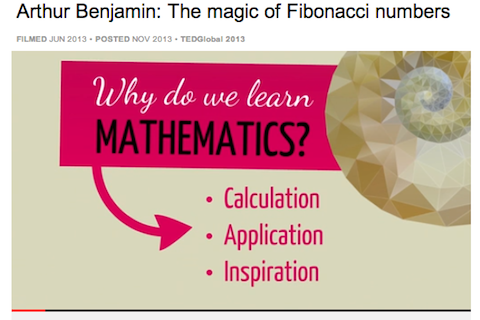Every year Broughton’s Year 10 Commerce class uses Guided Inquiry to research a personally selected Issue in Australian Society. This unit of work will also be part of an ongoing Action Research project for the Teacher Librarian – looking at the impact of Guided Inquiry on student learning.
The initial ‘OPEN’ stage of Guided Inquiry gives the teachers and students an initial experience within the topic area that initiates interest and enthusiasm. The following TED Talk could be used for this – as could many others. This clip could help to emphasise that students need to think about the ‘action’ they could personally take at the end of their research… How could they personally assist to overcome or reduce the impact of the issue they choose to research?
We will also look at some clips of the ABC’s program Q&A where the audience asks politicians and invited experts questions about current issues.
Michael Green wants to solve architecture’s biggest challenge — meeting worldwide housing demand without increasing carbon emissions — by building with carbon-sequestering wood instead of concrete and steel.

